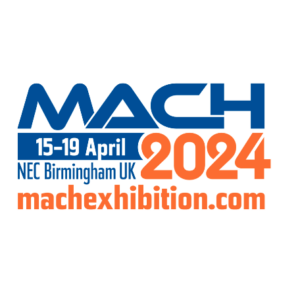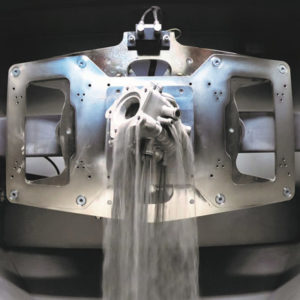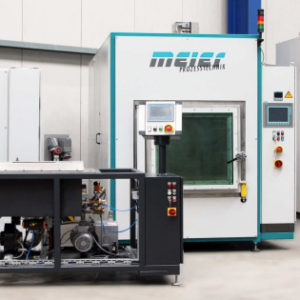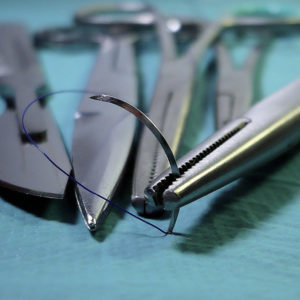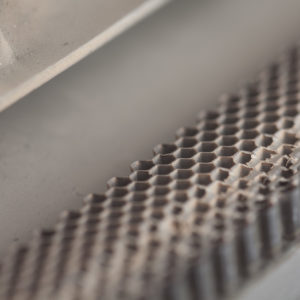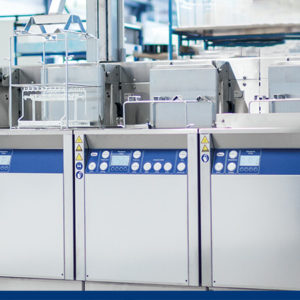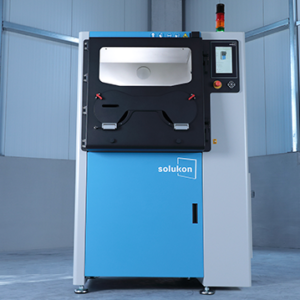In recent years, the aerospace industry has driven relentlessly for increased efficiencies; as such, they have relied on additive manufacturing to produce lightweight, high-performance componentry.
However, additive manufacturing requires careful and sophisticated postprocessing to be a viable production tool. Depowdering is one such process that has come on leaps and bounds over the past decade.
Additive manufacturing in aerospace
Before understanding the necessity of automated depowdering in aerospace, we first need to establish why so many aerospace manufacturers have turned to additive manufacturing.
The aerospace industry primarily uses Laser Powder Bed Fusion to build various components, such as heat exchangers, combustors and jet engine parts. This process involves melting successive layers of powders to build a product.
Put broadly, there are five primary reasons why engineers have turned to Laser Powder Bed Fusion to produce a new generation of aerospace parts.
- Freedom of design.
Traditional subtractive manufacturing methods cannot produce parts with the same degree of complexity that LPBF provides; this includes complex geometries, cavities and shapes.
- Expanded material choices / Freedom of material choice.
Conventional manufacturing techniques can be used with a range of materials; however, with AM, it is possible to create highly complex and intricate parts from an expanded selection of materials, including metals with high thermal conductivity and cooling, such as copper.
- Reduced production times
Additive manufacturing provides faster iteration than subtractive methods and is capable of producing highly complex parts in series; this is essential for aerospace manufacturers who need complex parts on-demand, such as those producing rocketry.
- Boosted part performance.
For aerospace, this means weight reduction and improved heat conductivity.
- Lower cost per part
Additive manufacturing has enabled a new generation of smaller, privately-owned aerospace ventures to compete in the market.

SO, WHY THE NEED FOR AUTOMATED DEPOWDERING?
Post-production needs to be standardised following printing for additive manufacturing to be viable in the aerospace and space industries.
Previously, production heads would be forced to rely on manual depowdering if they wished to use additive technologies. However, this has serious drawbacks:
- Complete lack of cleaning standardisation.
- Inability to reuse powder due to contamination risk; as such, expensive materials such as titanium and copper are wasted.
- Time-consuming for operators and technicians.
- Dangerous for the environment and health.
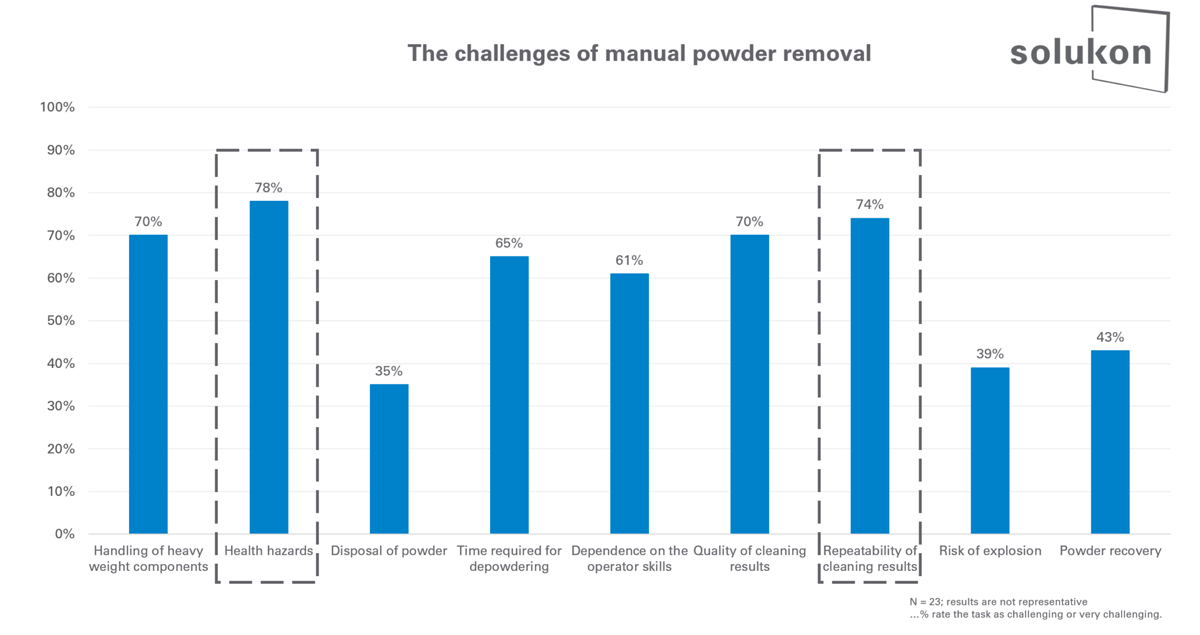
Automated depowdering solves these problems by ensuring the same cleaning result for every component in a production run. Powder recovery also becomes viable, and health risks are greatly reduced.
However, there are other benefits to automated depowdering.
Complex structures like cooling channels and fuel channels need to be completely depowdered to guarantee a component’s function. As the first step in postprocessing, the cleaning phase impacts subsequent processes like heat treatment. Any remaining powder left in a component could clog or make it impossible to use the part in flight, creating costly scrappage and time wastage.
SOLUKON ARE AUTOMATED DEPOWDERING EXPERTS
Solukon offer a range of impressive depowdering solutions for all challenges, including medium and high complexity components with intricate geometries; each system is optimised for different part sizes and applications.
A PERFECT FIT FOR AEROSPACE
The SFM-AT1000-S is capable of processing components up to 1,000 mm in height to a maximum weight of 800 kg, making it the perfect machine for aerospace manufacturers.
And, with SPR®, parts can be moved freely on two endless rotating axes during vibration, removing all powder residues, even with complex metal parts. To clean in series, movement paths and vibration patterns can be programmed; this ensures a truly standardised and reliable cleaning process.
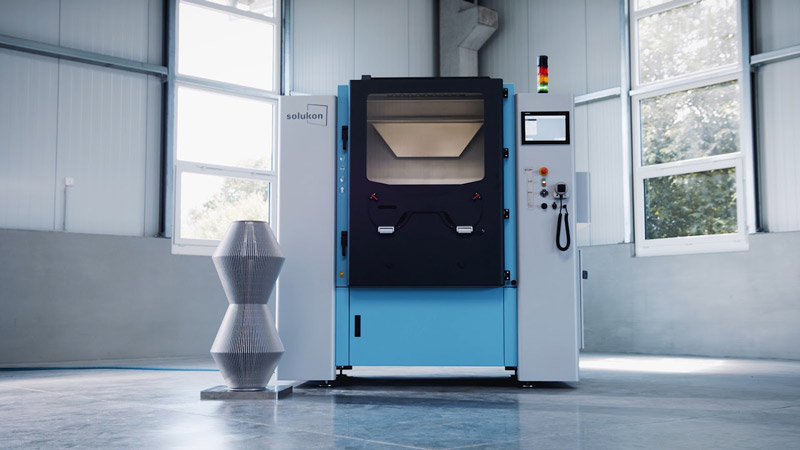
Discover more about the SFM-AT1000-S here.
Turbex are the sole UK supplier of Solukon machines in the UK and Ireland.
Get in touch with the team today if you’re interested in efficient and effective depowdering.

